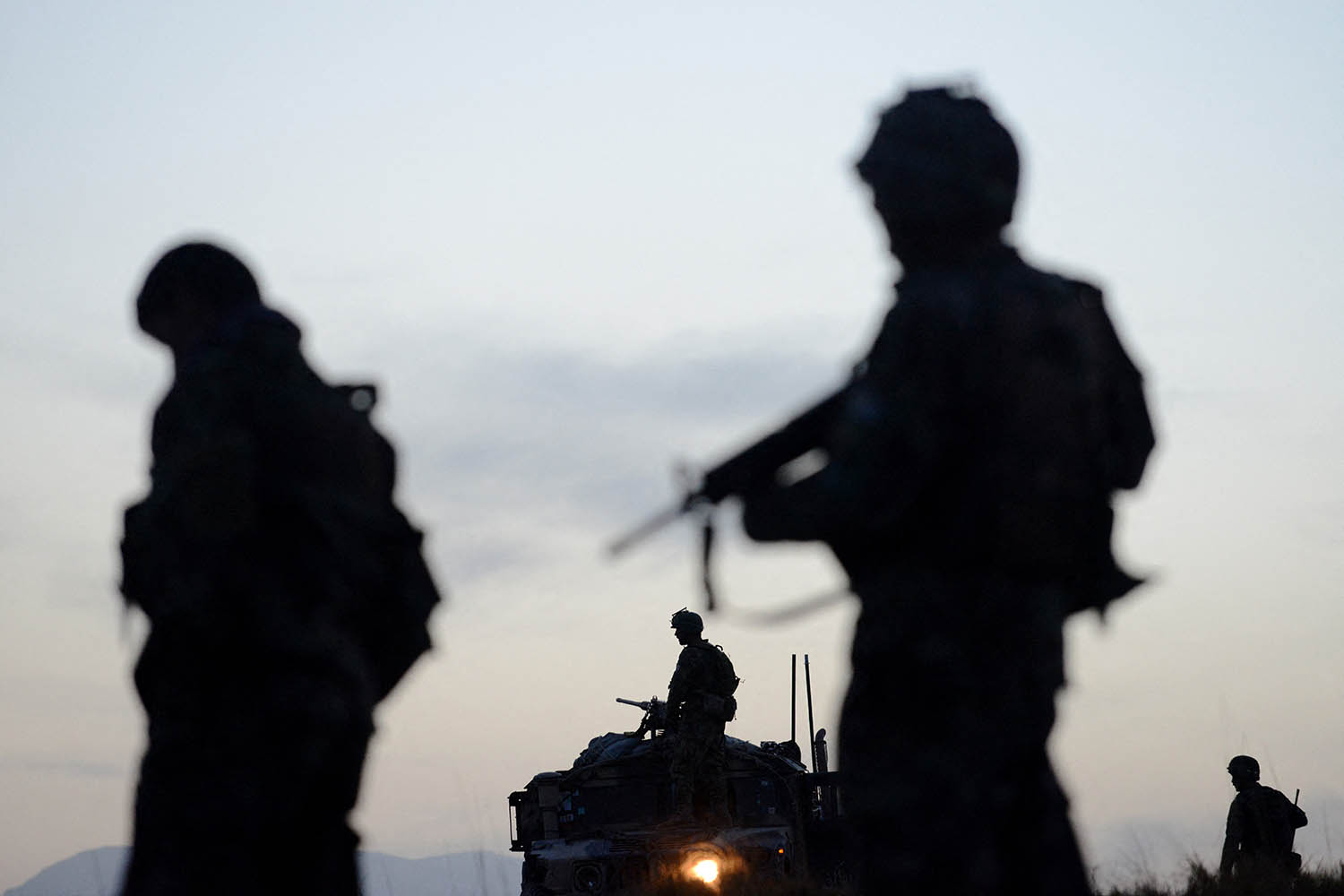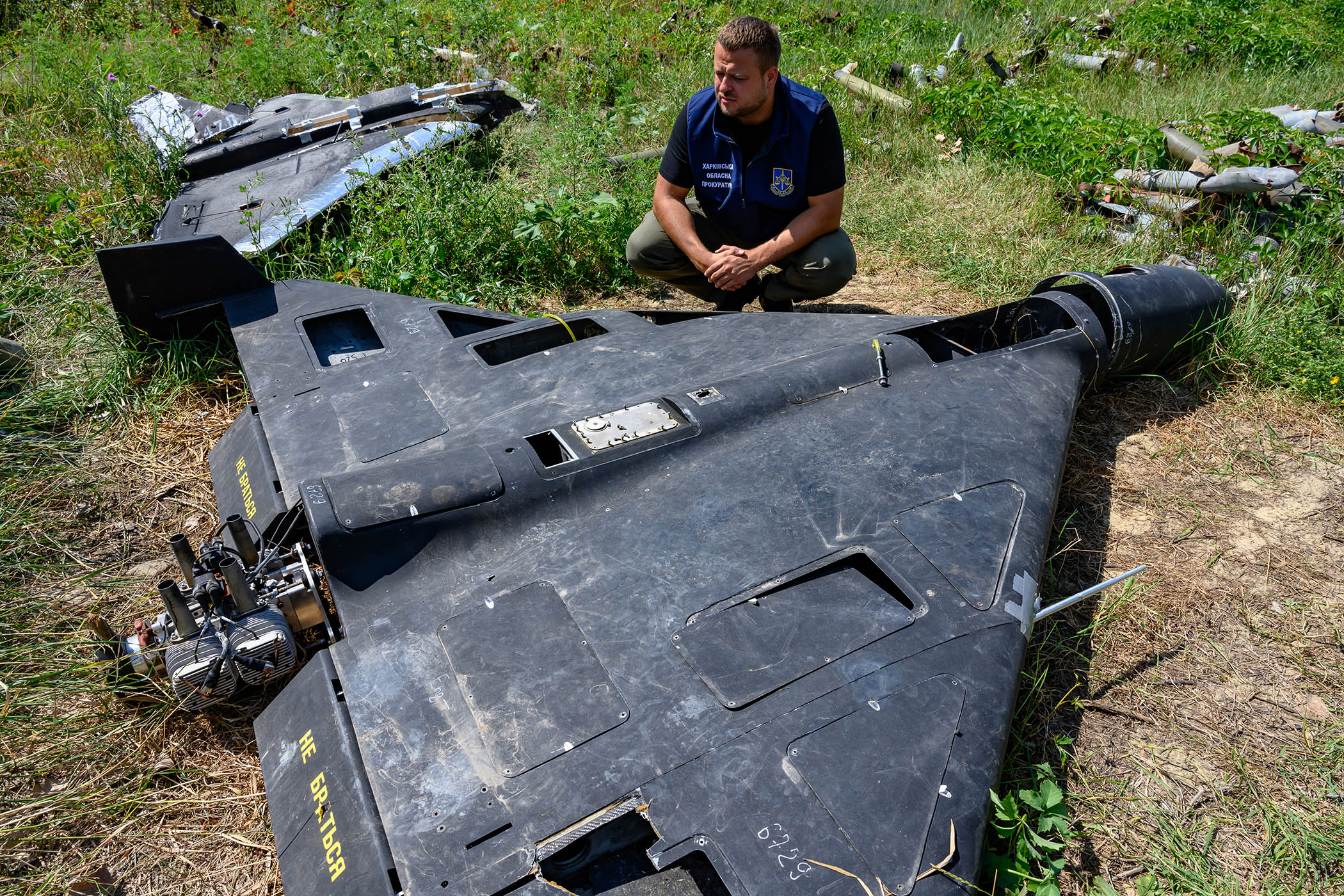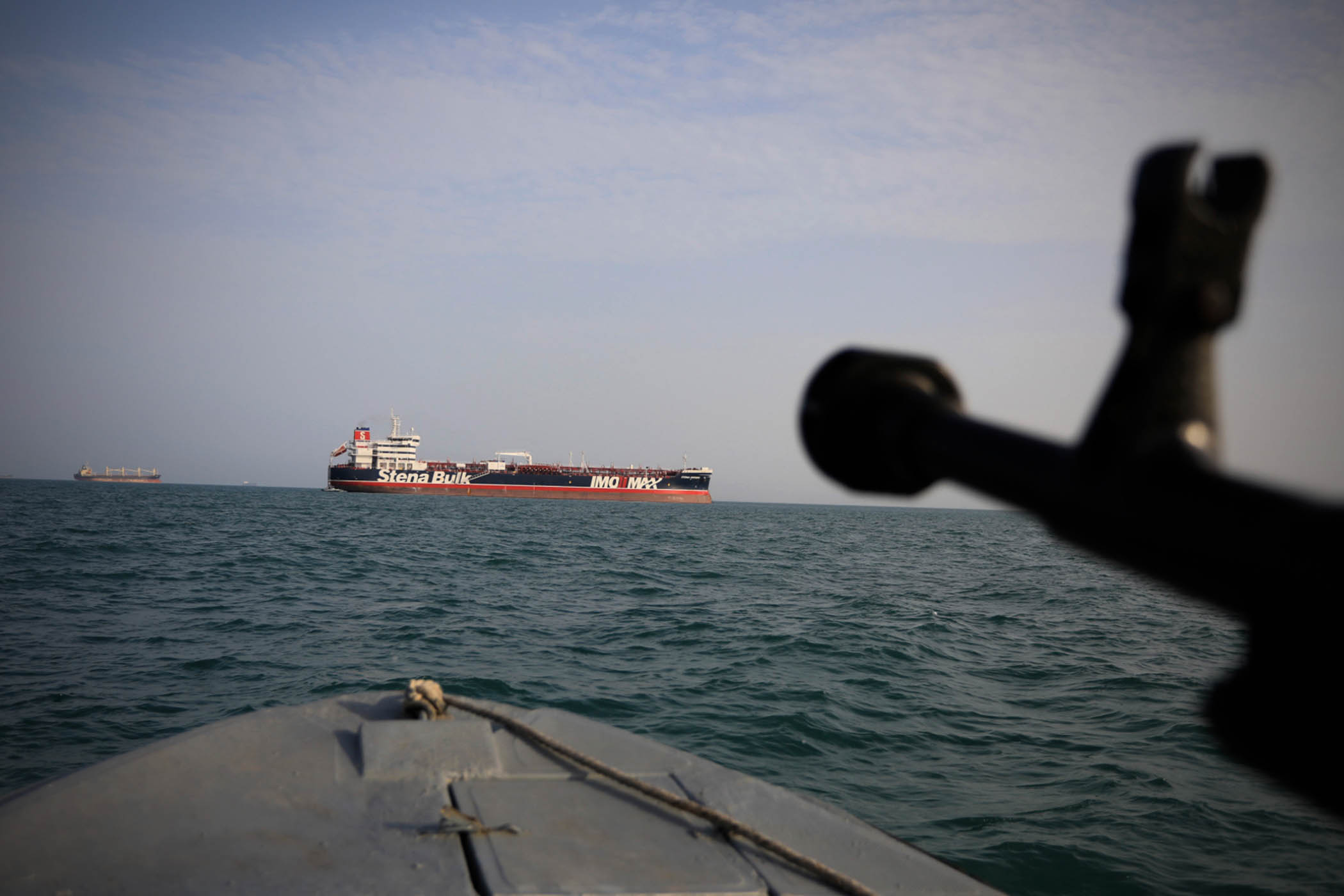Last Monday the Standing Group on Atrocity Crimes, dedicated to strengthening the UK’s approach to atrocity prevention and response, launched in parliament. The initiative is urgently necessary in a world where atrocities are rapidly increasing and our capacity and willingness to respond seemingly diminishing.
Left unabated or without accountability, atrocities create a breeding ground for conflict. Conflict, increasingly driven by climate change, creates a cycle of more atrocities, which affect one in five countries.
In an ever-more polarised world lacking any international consensus on the rule of law, this cycle is chilling and existential. While the initiative is based in the UK, the problems and the solutions are global. The UK government not only has a collaborative role to play but also to provide leadership in a global anti-atrocity movement.
As an independent initiative with Baroness Helena Kennedy at its helm, the objective of the group is to make timely, impactful and expert recommendations to government officials, policymakers and civil society. This, in turn, will bring the UK government closer to creating a framework to prevent and respond to international crimes in line with existing international obligations.
It is no longer tenable to push accountability on to the back burner of international affairs
It is no longer tenable to push accountability on to the back burner of international affairs
Successive UK governments have failed to create a cohesive atrocity prevention and response strategy, despite championing the international rule of law. The sticking point has often been the preservation of an illusory idea of “unfettered foreign and economic policy”. As several parliamentary committees have warned successive governments, atrocities diminish ministerial discretion, as they fuel migration, armed conflict and threaten security. This places unpredictable and long-lasting hurdles on international trade, peace and security.
While disparate legislative initiatives – such as the Magnitsky human rights sanctions, and the Preventing Sexual Violence in Conflict Initiative – have gained cross-party support, many core and verifiable recommendations remain unimplemented. The standing group could bridge this gap by leveraging expert knowledge, building political consensus and driving practical policy change.
The group’s work comes at a time when crimes of aggression, war crimes, crimes against humanity and genocide have become part of daily life, from Israel and the Occupied Palestinian Territory and Ukraine to Sahel and Sudan. According to a Global Peace Index report from 2024, more than 100 countries had been at least partly involved in external conflict in the past five years, up from 59 in 2008.
The group’s membership includes leading international lawyers, cross-party parliamentarians and policy advisers, along with human rights stalwarts such as Lord Dubs, Nobel laureate Oleksandra Matviichuk and Baroness Helic making a commitment for change.
We hope to become an invaluable resource to UK and like-minded governments. We wish to become an invaluable part of a much-needed revamped international movement against atrocity crimes. It is simply no longer tenable, in a world of increasing horrors, to push their prevention, protection and accountability on to the back burner of international affairs. The UK is in a unique position to lead a collaborative response to these grave issues.
Baroness Helena Kennedy LT KC is chair, Dr Jason McCue is a committee member, and Aarif Abraham is co-convener of the Standing Group on Atrocity Crimes; atrocitystandinggroup.org
Newsletters
Choose the newsletters you want to receive
View more
For information about how The Observer protects your data, read our Privacy Policy
Photograph by Roberto Schmidt /AFP via Getty Images


